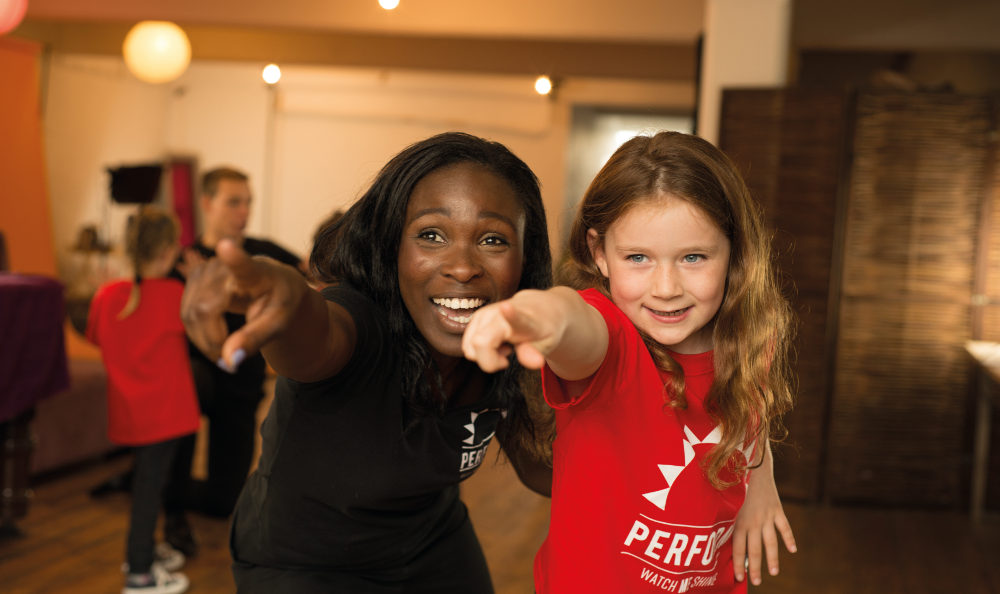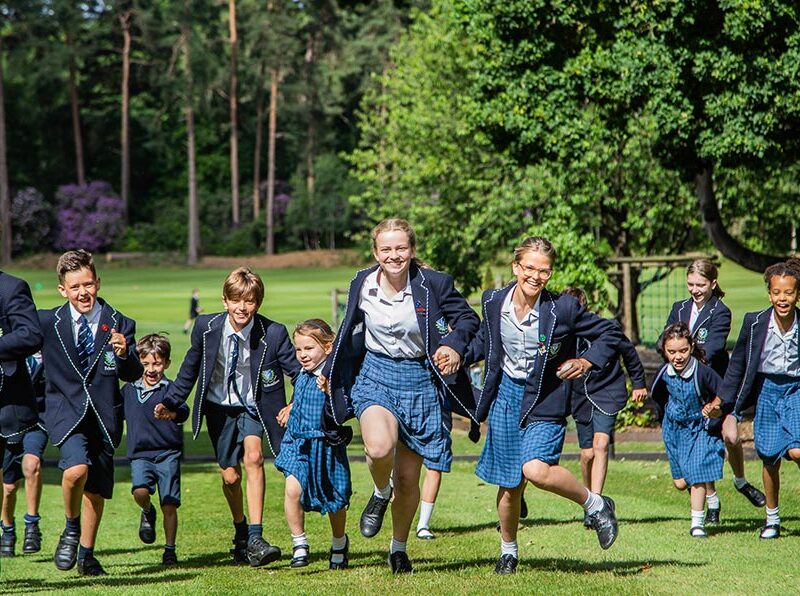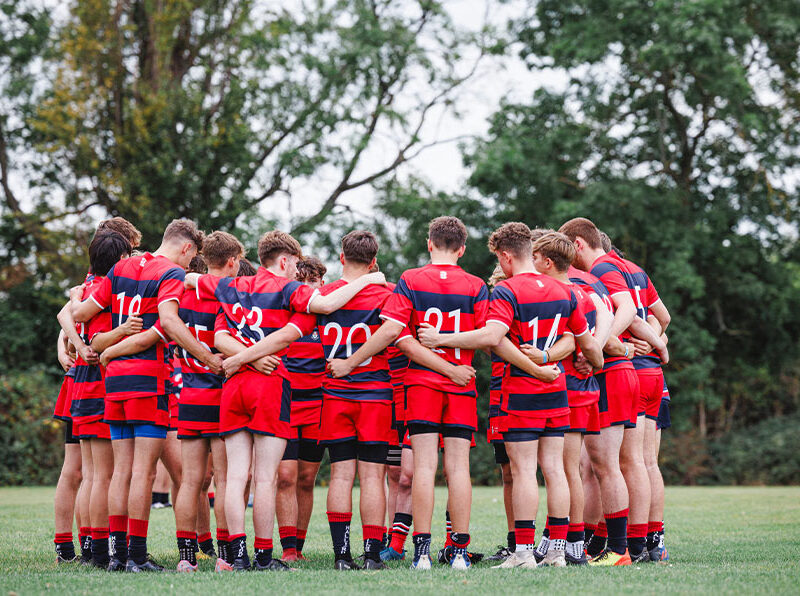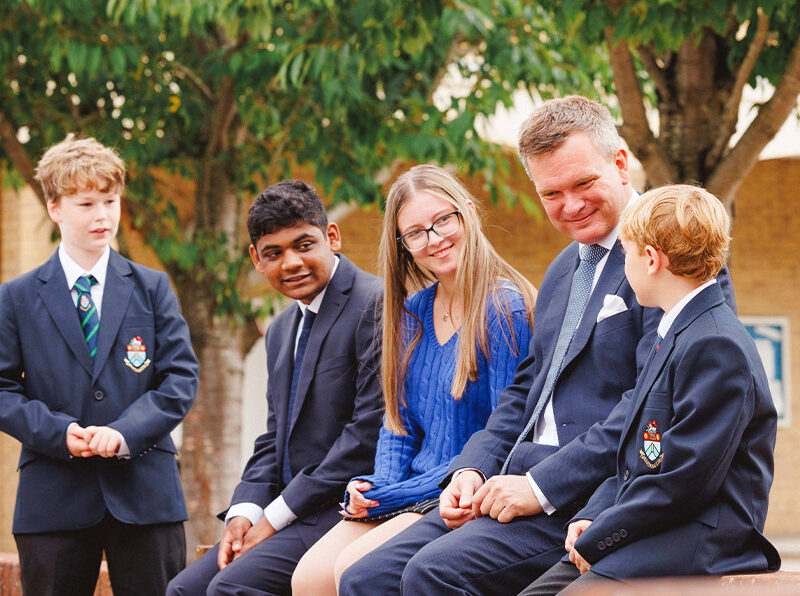
Extra-curricular activities kids will love
Activities outside of the classroom can have a monumental impact on children, broadening their horizons and developing skills for life
Scouts and Girlguiding
The scouting movement was famously founded by Robert Baden-Powell in the early years of the 20th century. Based on the ethos that the younger generation possessed unlocked potential, the movement slowly expanded to encompass all children and it continues to dominate as a global association today. Girls can today join the Scouts. Beavers takes in 6-8 year olds, and Scouts all the way up to 14, with Explorer Scouts up to 18. In Girlguiding, Rainbows move up to Brownies ages 7, Brownies move up to Guides aged 10, and Guides move to the senior sections from 14. Children enjoy a wealth of fun and wholesome activities, while learning about the wider world. There is plenty of opportunity to meet other kids, which in turn exposes them to a wider circle of people, and boosts confidence. The movement is also fantastic for providing opportunities that perhaps wouldn’t otherwise be available, such as camp trips to the country, or opportunities to get active in the local community.
Rotary Club
Rotary is one of the world’s largest global movements and there are 1,700 clubs in Great Britain and Ireland that are dedicated to the charity’s cause areas. Despite its international status, it’s very much a local movement, and Rotary is an accessible way for your child to get involved in the community and local social enterprise. The club’s raison d’etre is to offer young people the platforms and opportunities for them to unlock their potential, develop their skills and broaden their horizons through extra-curricular activities. Children can get involved in youth competitions where they can be challenged in a fun and friendly environment with all the support of the local Rotary club, all the while showing their talent. RotaKids for ages 7-11 and Interact for 11-18-year-olds give kids chance to gain a valuable experience in helping others and bringing a practical approach to local citizenship.
Voluntary work
Activities falling outside of the typical school curriculum can also include philanthropic work, giving your child a wider conception of what it means to help others. Children can really glean a sense of self-worth by using their ability and time to help others, and it will give them invaluable sense of self-assurance to know that they possess real power to make a real difference. The National Trust has fantastic openings for family volunteering, with options to volunteer as a group to keep much-loved NT properties maintained with activities like litter picking.
Duke of Edinburgh Award
Many schools offer this beneficial scheme, but for those that don’t, there are plenty of independent bodies where children can take part in the scheme externally. For city-dwelling families, trips to the countryside can really awaken the senses, and children taking part will learn lessons that can’t be taught in a classroom, like how to put up a tent, how to map read, and putting the country code into practice. It also teaches the value of the countryside and nature, and it may trigger a sense of responsibility in children who experience first-hand the beauty of the countryside. There are three award levels for children to get involved in. Bronze is for those aged 14 and over, and involves three months of volunteering, a physical activity, skills section and an expedition where the children are camping and have to live with their rucksacks. Silver is for children aged 15 and over and includes six months of volunteering, a physical and skills section, and a similar expedition over two nights and three days. Gold is the most intrepid of the three levels, and is aimed at children over 16. The volunteering spans over 12 months, there is a physical and skills section, plus a three-night expedition. There is also a residential section where they must undertake a shared activity in a residential setting away from home for four nights.
Drama
A massive confidence boost to kids of all ages, the performing arts can really benefit children socially and emotionally, while instilling in them an appreciation for the arts and culture. Initiatives like Stagecoach for 4-16s, or Perform, for 4-12s, can be fantastic options where children can get involved in the world of singing, dancing and acting. Also check out your local theatre for youth arts projects, such as Wimbledon’s Polka Theatre, The Rose in Kingston and Richmond Theatre.






